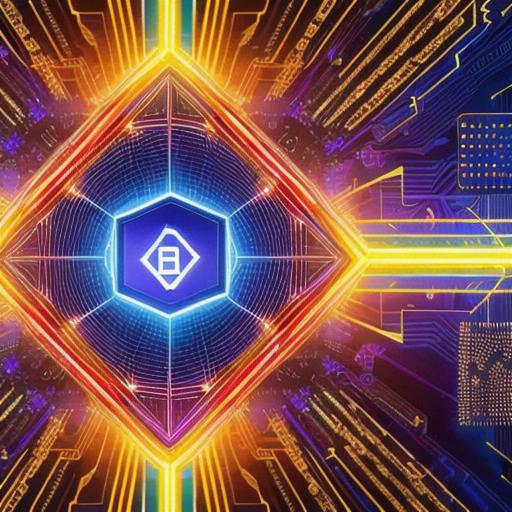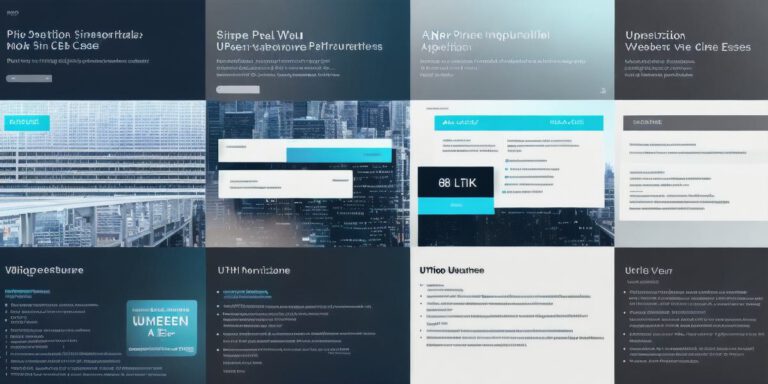Web 3.0 AI: Discovering the Power of Decentralized Intelligence

As we move into an increasingly digital age, artificial intelligence (AI) is becoming more and more prevalent in our daily lives. From self-driving cars to virtual assistants like Siri or Alexa, AI is making our lives easier in countless ways. But did you know that there’s a new generation of AI on the horizon that has the potential to revolutionize the way we interact with technology? In this article, we’ll take a closer look at Web 3.0 AI and see how it can transform the world of tech.
What is Web 3.0 AI?

Web 3.0 AI refers to the latest generation of artificial intelligence that utilizes decentralized systems and blockchain technology. Unlike traditional centralized AI systems, which rely on a single server or computer to process data and make decisions, Web 3.0 AI harnesses the power of distributed networks to create more efficient, accurate, and secure systems.
One of the key features of Web 3.0 AI is its ability to learn from vast amounts of data in real-time. By leveraging the power of blockchain technology, decentralized AI systems can process and analyze large datasets quickly and accurately, without relying on a single central authority. This makes them well-suited for tasks like fraud detection, predictive analytics, and recommendation engines.
Real-Life Examples of Web 3.0 AI in Action
There are already several real-life examples of Web 3.0 AI in action. One such example is the decentralized autonomous organization (DAO) known as Unstoppable Finance, which uses a Web 3.0 AI system to provide lending and borrowing services to its members. The AI system analyzes data from various sources, including credit scores and transaction histories, to make decisions about who is eligible for loans and at what interest rates.
Another example is the decentralized search engine SearchenginX, which uses a Web 3.0 AI system to provide more accurate and relevant search results than traditional centralized search engines like Google. By leveraging the power of blockchain technology, SearchenginX can analyze vast amounts of data in real-time and provide users with personalized search results that are tailored to their interests and preferences.
The Future of Web 3.0 AI
As Web 3.0 AI continues to evolve, we can expect to see even more exciting applications of this technology in the future. From self-driving cars to personalized healthcare, Web 3.0 AI has the potential to transform virtually every aspect of our lives.
However, as with any new technology, there are also concerns about privacy and security. As decentralized AI systems become more widespread, there will be a growing need for robust security protocols and privacy controls to protect user data and prevent misuse.
Conclusion
In conclusion, Web 3.0 AI is an exciting new technology that has the potential to transform the way we interact with technology. By leveraging the power of decentralized systems and blockchain technology, Web 3.0 AI can provide more efficient, accurate, and secure systems than traditional centralized AI. While there are certainly challenges ahead, the potential benefits of this technology make it well worth exploring. So the next time you’re using a virtual assistant or self-driving car, remember that Web 3.0 AI may be behind the scenes, making your life easier in countless ways.








